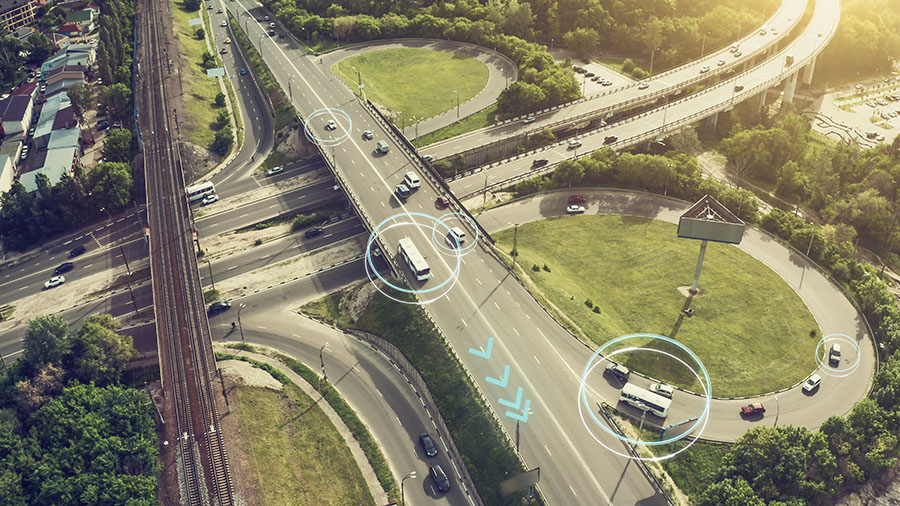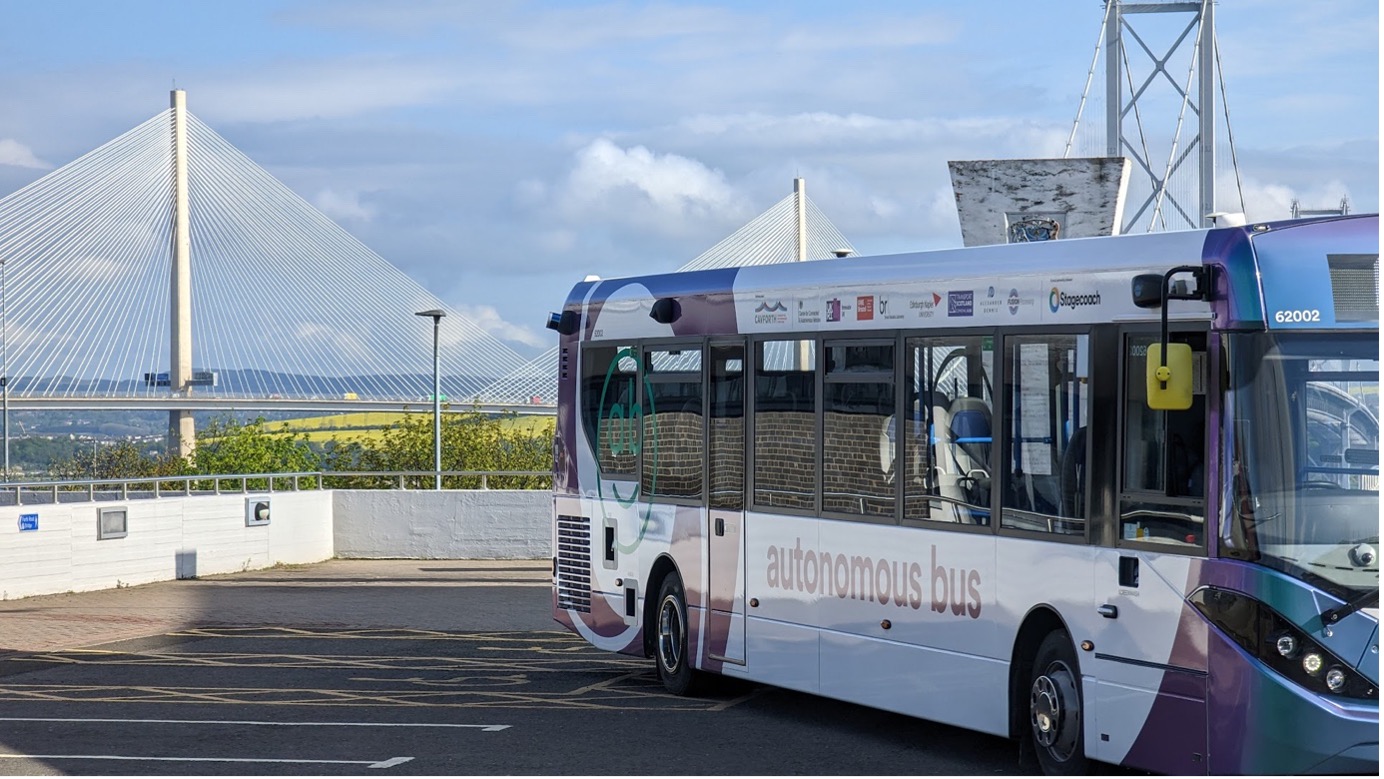The Automated Vehicles Act: embracing the future of mobility
Many drivers can relate to the experience of not always adhering to the Highway Code or making mistakes on the road. Regardless of experience, infractions can range from minor to severe, and this applies to any driver; even seasoned drivers are prone to errors. The Department for Transport offers very sobering and comprehensive set of statistics regarding road traffic accidents, and the serious impacts they can have.
It is essential to recognise these mistakes as opportunities for improvement. There are various organisations, such as the Institute of Advanced Motorists (IAM) and the Royal Society for the Prevention of Accidents (RoSPA), dedicated to helping drivers enhance their skills and road safety awareness. These associations offer advanced training and assessments designed to reinforce the importance of good roadcraft and responsible driving. Continuous learning and adaptation are key to becoming a safer, more competent driver.
This principle is equally applicable to the development of autonomous vehicles (AVs), which must also learn and adapt to become safer and more proficient on the roads, whilst adhering to the same laws and regulations as human drivers.
The Automated Vehicles (AV) Act specifies that automated driving systems (ADS) must meet a safety standard equivalent to, or higher than, that of a careful and competent human driver. While we can debate the level of competency, a “careful and competent driver” is an individual who adheres strictly to road safety rules, demonstrates advanced driving techniques, and consistently applies these principles to ensure safety for all road users.
Let’s focus on the importance of consistency in driving. The human mind, characterised by consciousness, emotions, creativity, and ethical reasoning, is influenced by biological, social, and cultural factors. We get distracted, tired, and can fall prey to optimism-bias and bad assumptions. In contrast, the artificial mind excels in computational efficiency, data-driven learning, and objective processing, leading to a more repeatable approach to driving.
Automated driving systems can deliver this consistency, remaining undistracted and always abiding by the rules of the road. Another great advantage is collective learning: self-driving systems within a fleet share their learned experiences, updates, and improvements across the entire fleet. This ensures that any correction or enhancement made in response to an error or new information identified by one vehicle can be propagated to all vehicles in the fleet, leading to collective improvement in performance and capabilities.

The Automated Vehicles Act: a catalyst for change
The Automated Vehicles Act 2024 is a pivotal piece of legislation for the automated vehicle sector. This act lays the foundation for integrating connected and automated vehicle technologies into mainstream mobility solutions. By establishing a comprehensive regulatory framework, the Act ensures the safe deployment and operation of automated vehicles on public roads, setting the stage for significant advancements in the sector.
The Act outlines clear guidelines for testing, trials, and the deployment of autonomous vehicles, ensuring that safety standards are met and maintained. It addresses complex issues of liability and insurance, providing clarity on responsibilities in the event of an accident involving an autonomous vehicle.
A report funded by Innovate UK and led by the Society of Motor Manufacturers and Traders (SMMT) has highlighted several opportunities unlocked by the Automated Vehicle Act. Firstly, the Act is expected to stimulate economic growth by attracting investments in the autonomous vehicle sector. The report estimates that the market for connected and automated vehicles (CAVs) could be worth £66 billion in the UK by 2040. Furthermore, the development and deployment of autonomous vehicles will create new job opportunities in areas such as vehicle manufacturing, software development, and infrastructure maintenance.
By reducing human error, a leading cause of accidents, autonomous vehicles have the potential to significantly improve road safety. This aligns with the Centre for Connected and Autonomous Vehicle (CCAV) Strategy paper (published in 2022), which outlines the UK’s vision for becoming a global leader in the development and deployment of autonomous vehicle technologies. The strategy emphasises the need for a robust regulatory framework, which the Autonomous Vehicle Act provides. Since 2015, CCAV has enabled over £600 million in joint public and private investment in R&D projects that have built UK capability towards this vision.
The UK also boasts a world-class comprehensive testing network, CAM Testbed UK, which offers unique environments and capabilities for the testing and development of CAV technologies and services. Ensuring the safety and security of autonomous vehicles is paramount, and the Act supports the creation of a safety assurance framework, crucial for gaining public trust and ensuring the safe operation of autonomous vehicles on public roads.
Reflecting on our journey towards developing good roadcraft, connected and autonomous technologies will play a vital role in shaping the future of mobility. As we move forward, the integration of these technologies promises to enhance safety, efficiency, and economic growth, marking the beginning of a new era in transportation.
Do I see my love of driving being challenged? Not at all! I envision a future where those passionate about driving can coexist with automated vehicles that transport the goods and people who are mainly focused on reaching their destinations, rather than on the act of driving itself.
Just as cars replaced horses for everyday transportation, yet people still ride horses for pleasure, I believe autonomous mobility will serve a similar role. Beyond providing safe and efficient transportation solutions, it will enhance the driving and ownership experience of privately owned vehicles. The Automated Vehicles Act is a crucial milestone in this journey, paving the way for this coexistence on our roads.





